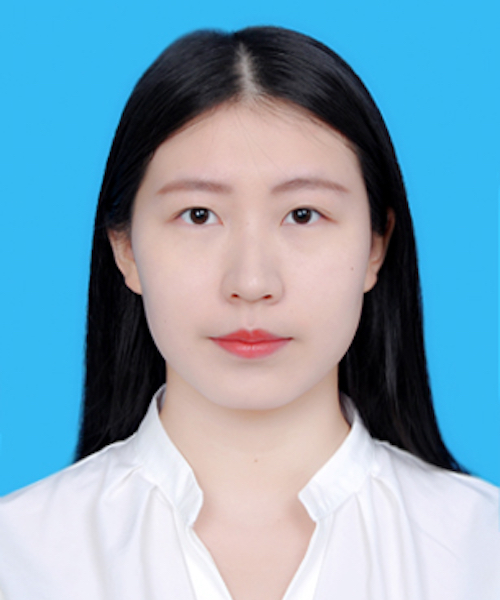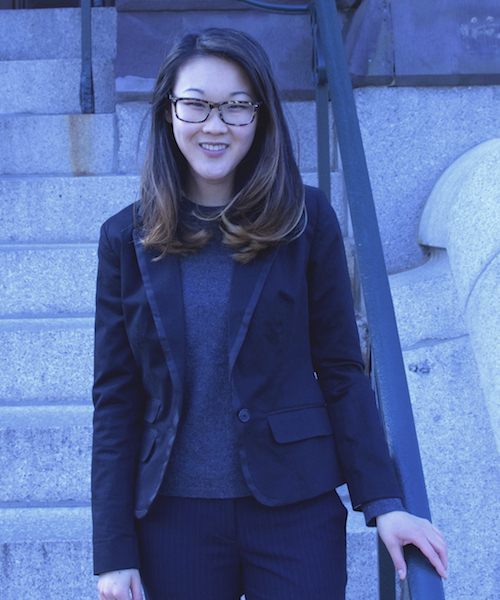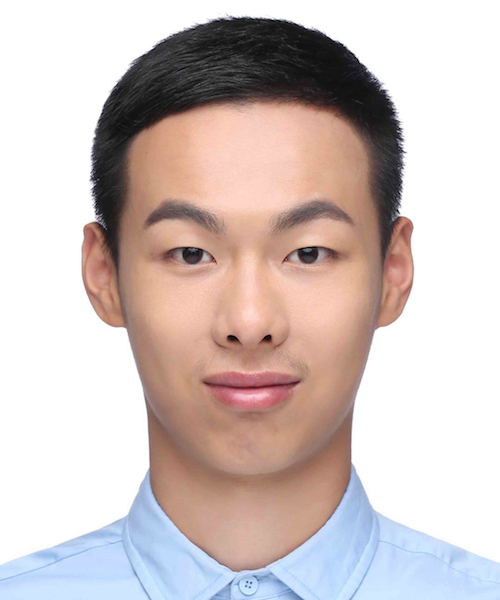
The Behind-the-Scenes Conversations
Andrea Su | August 30, 2019
Responding To: 2018-2019 Student Fellows Reflect on Their Year in the Program
Yihong Shi
As the Georgetown Initiative for U.S.-China Dialogue is drew to a close, Professor Wilder pushed us to critically examine the role of our generation in a global context. For so long we have been perceiving international politics as a game manipulated by certain policymakers, however, growing up in a multicultural environment, we, not only fellows from this program but our peers all over the world as well, are supposed to reevaluate ourselves and engage in international affairs.
It is said we are an “avocado generation”, a term used to describe the millennials as a prodigal generation merely aiming at trendy lifestyles. The assumed reason underlying this scenario is that our generation is too privileged in terms of resources, opportunities and international situations, compared to our predecessors.
Yet from the clashes of ideas and values throughout this program, what I have seen is a generation regarding themselves as change-makers to the future world with passionate and genuine hearts. The proficiency of material life is not a hindrance to stop us from going beyond borders looking for common grounds. Our fellows came to this with our diverse heritages as well as divergences. As we wrote down the stereotypes we are bearing in our home countries, although some of the statements remained in doubt, surprisingly, we found it is our different values that shaped us into who we are. I took a note that American fellows deemed themselves active factors functioning in the environment whereas Chinese ones concentrated on our roles in our interest-related fields. However, what came to me is that everyone in the conference room all had an affinity for taking those unprivileged into consideration as much as we could. There were numerous moments when the fellows struck my heart with their genuine sympathy. When we talked about the trade war between U.S. and China in the American Beijing Chamber of Commerce, Ivan, one of our American fellows, asked how these tariffs would affect those seemingly insignificant individuals contributing to the country. Moreover, last year in Washington when Belt and Road Initiative (BRI) was introduced By Professor Tang Xiaoyang in the lecture hall, Chinese fellows were also concerned about construction procedures which include labor injuries and even casualties. At the same time the beneficiaries are gaining their economic value. From my point of view, it is our common sympathy that brought us together, shed light on the political game, and provided a brand-new perspective of rethinking and refining.
While Madame Fu Ying believed this rising generation, who can really step out of the traumatic history, is the silver lining of the U.S.-China relationship, she also pointed out that the status quo is more complex than ever before. When China grows so spectacularly for the past decades, as the global super power, the United States has become petulant, for it made world rules bend to China to help it revitalize after the Cultural Revolution and yet the outcome that China tries to threaten the established system and values is not expected. The tension is reaching such a pitch that both sides may use irrational means to reclaim its own interests regardless of the whole bigger picture. Like the Mayfair veered the wind around 180 degrees when the new world came from the old, the rule maker is seeing that rising China could do the same. Recently, the looming tariffs, launch of 5G services, together with Hong Kong Protest of 2019 have fueled the antagonism, foreshadowing an exacerbation of crisis for the whole world. As the idea of China’s development model has been wept over, impugned and railed at, it does, however, make a profound impact in the world. When China left its mark on the growth of the global economy, made its contribution to humanitarian aid, it may also want recognition of its reputation. It is always an important idea for Chinese people that “face” and dignity is what they live for. If the U.S. is determined to set the date for next U.S.-China talk, repeals the “currency manipulation” label of China, and lets China deal with its domestic issues, to some reasonable extent, the contentiousness can be relatively alleviated.
Since the political climate is suffering from a seismic shift, new perspective and approaches should also be adapted. We have been reminded by Dr. Katz in the “Global Health Security” seminar, by Counselor Tang in China’s Ministry of Foreign Affairs, and by key officers in the U.S. Embassy that China is a rising competitor as well as a partner of the United States. As Madame Fu suggested, an era of new competition and corporation has arrived, only when the U.S. and China see the value and feasibility of adapting can both sides achieve technological, economic, and social progress. Given the uniqueness of politics, the settlement can never be as easy as individual communication. However, if the tremendous generosity of trust and sympathy that we student fellows have shown during the program can be added into the recipe, those blueprints we’ve imagined could come true.
As an honored member of Georgetown Initiative for U.S.-China Dialogue, I did not only have deep conversations with scholars, diplomats, and many other brilliant minds about the torn-up opposition, but was embraced by open hearts with sympathy and trust. During this vital time for both countries, we shall take the responsibilities of eliminating the misconceptions posed by propaganda and seek available approaches to transparent dialogues. This precious opportunity that Georgetown has offered is not the end of my journey of deep diving into the complexities of international relations, on the contrary, it is just a beginning.

Andrea Su | August 30, 2019

Junming Cui | August 30, 2019

Zhaoqing Li | August 30, 2019

Isabelle Hupez | August 29, 2019

Ivan Solomon | August 29, 2019

Jozanne Murphy | August 29, 2019

Xiaogu Xu | August 29, 2019

Aaron Baum | August 28, 2019

Chang Fan | August 28, 2019

Danny Li | August 28, 2019

Lakshmi Iyengar | August 28, 2019